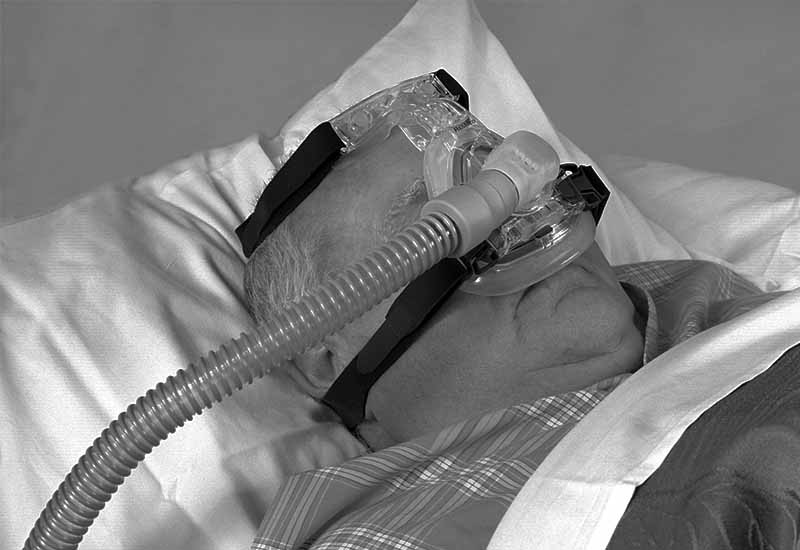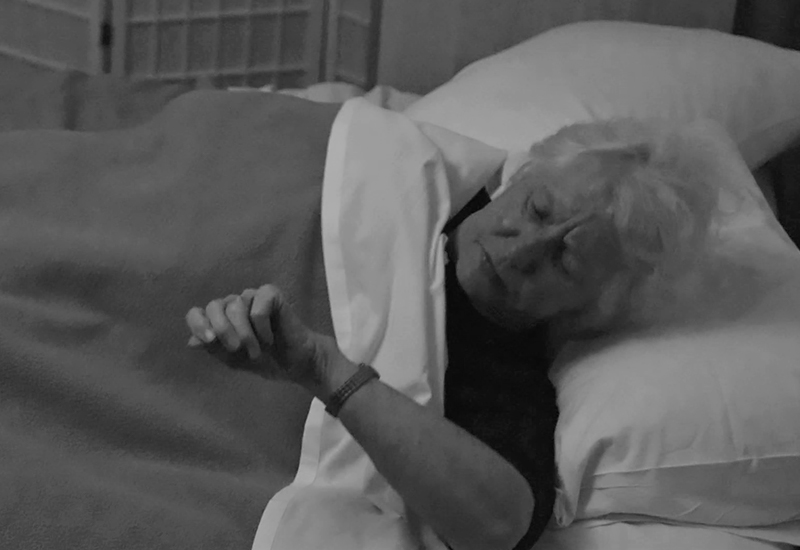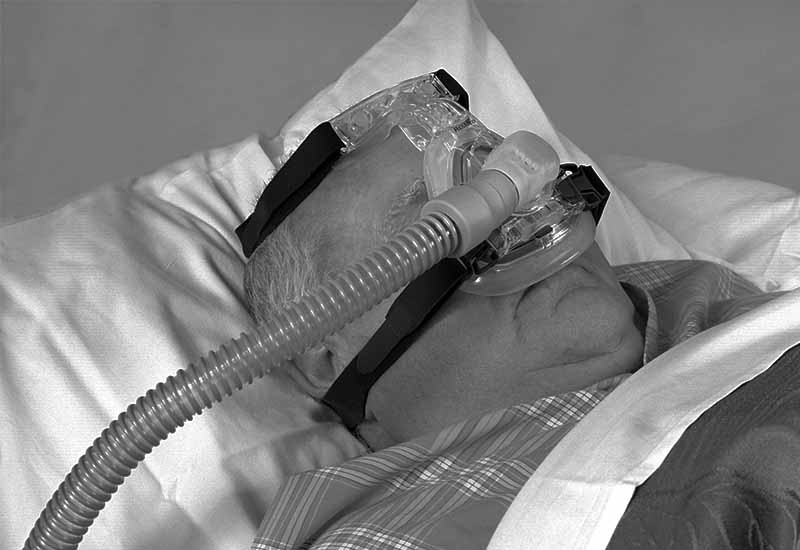Obstructive Sleep Apnea Treatment Research

What is OBSTRUCTIVE SLEEP APNEA (OSA)?
OSA is a sleep-related breathing disorder and is typically characterised by periods of upper airway collapse lasting at least 10 seconds during sleep. The prevalence of sleep apnea is approximately 12% of women and 17% of men, but the range is between 2% and 50% of men and 2% and 23% of women depending on sampling and methods of measurement.
Signs and symptoms often include loud snoring, breathing pauses and choking during sleep, daytime sleepiness and problems concentrating.
Common risk factors for OSA include increasing age, being male, being overweight or obese and having a family history of OSA. There is a growing body of evidence that OSA is an independent risk factor for high blood pressure, heart disease, stroke and abnormal glucose metabolism including diabetes. Although some progress has been made in understanding the causes and consequences of OSA, many patients remain undiagnosed. There is still a great deal to learn about the long-term effects of the disease on our health.
Please click here for further information about OSA.
WHAT RESEARCH ARE WE DOING IN THIS FIELD?
We are conducting a large number of exciting clinical trials and experimental studies at the Woolcock Institute in the field of OSA. Part of our research program is focused on evaluating alternative therapies for OSA rather than conventional Continuous Positive Airway Pressure (CPAP) therapy. For example, one clinical trial is investigating the effect of diet, exercise and a wakefulness promoting agent (Armodafinil) as an alternative treatment option. Another study examines whether low-flow oxygen could be used to treat patients with OSA who cannot use CPAP. Other research explores the characteristics of patients who are good candidates for a mandibular advancement splint (a type of dental splint worn at night to treat OSA).
Our team also investigates whether patients with hypertension and OSA could have better control of their blood pressure if they take their medications in the evening rather than in the morning. The reason this is important is because high blood pressure at night is thought to be a stronger predictor of heart disease than high blood pressure in the daytime.
Other interesting areas of research explore the effects of sleep deprivation on cognitive performance in patients with OSA. During 28 hours of extended wakefulness, participants’ neurobehavioural performance (including tests of working memory, problem solving and simulated driving ability) are assessed and changes in brain function are measured. Our work also explores the effects of drugs such as morphine on breathing responses in patients with OSA.
WE CAN HELP YOU
Get your obstructive sleep apnea treated by the best at the Woolcock Clinic, a world-leading medical centre specialising in the diagnosis and treatment of all sleep and breathing disorders. Our dedicated clinicians are at the forefront of international sleep and respiratory research, ensuring our patients get access to the very latest approaches in care.
Our inter-disciplinary approach allows patients to be treated under one roof at our state-of the art facility in Macquarie Park, Sydney.
Book an appointment
For all appointments, please complete the request form below. If you have any questions, you can call us on 02 9805 3000.
Please arrange for a referral from your doctor. To download a referral form, click here.
Please note that the Woolcock Clinic is a fee-charging clinic.


















